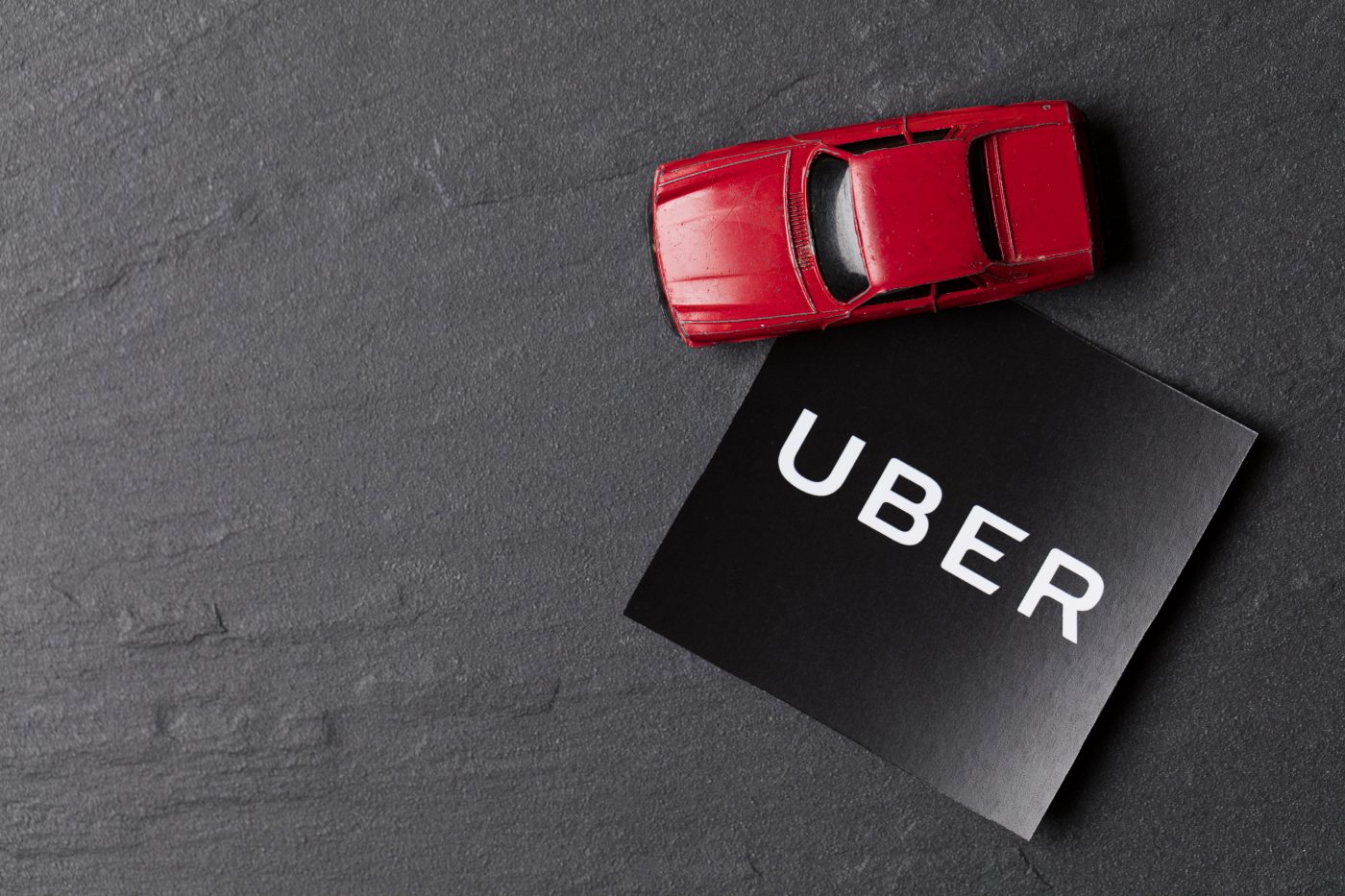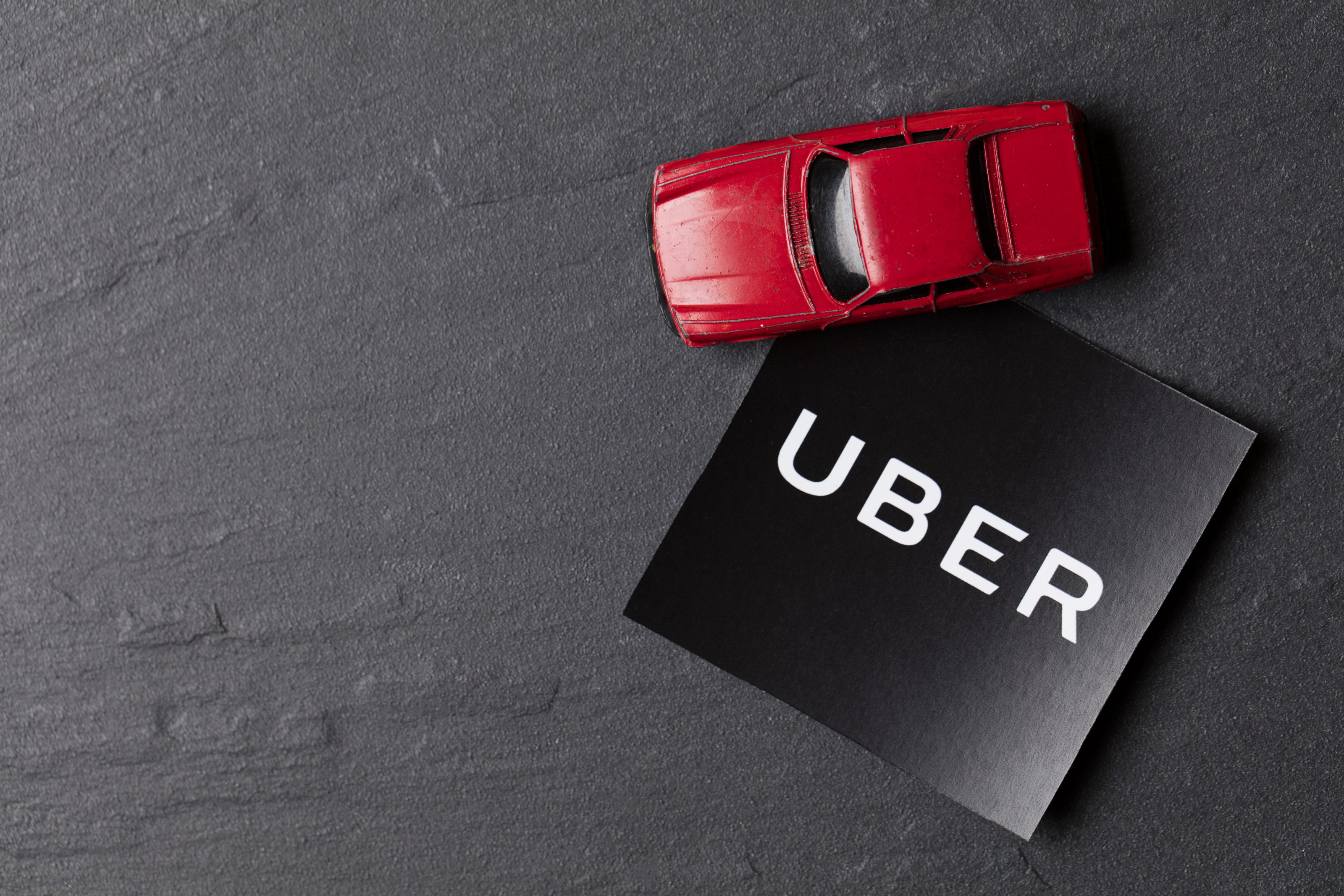Share Economy
November 25, 2019
/Individuals
Stephen Pitt of Pitt & Wells Accountants in Southport has seen that the sharing economy has become very popular over the last few years and believes it will grow further as many people look to supplement their income or even make a living out of this digital economy. This digital economy we all know as ride sharing, renting out a room or the whole house on a short-term basis, sharing an asset like a car, boat or caravan, or hiring out personal/professional skills to assemble flat pack furniture, servicing a car right through to a building a website.
We all know the apps, Uber, Shebar, GoCatch, Airbnb, Camplify and Airtasker just to name a few. But many people do not know how the income derived from the sharing economy will impact on their income tax, GST and other tax obligations. We will give you a brief overview of the pitfalls of each of the different sharing economy in relation to their tax obligations.

Ridesharing
We have all seen the stickers on cars, Uber, DiDi, Ola, GoCatch and the list goes on and most of us have use one of them as an alternative to a taxi. The process is easy: there is an App on your phone, you give details of your trip, a price is provided, you accepted the price and then a driver takes the job. The process is easy for us but not for the driver who accepts the job.
These are the traps for the driver:
Goods and Services Tax (GST)
- To be a ride share operator you must have an ABN and be registered for GST from the first dollar. The $75,000 threshold for GST registration is not applicable to ridesharing.
- GST must be charged on the full fare.
- You must lodge monthly or quarterly Business Activity Statements (BAS), you cannot lodge annually.
- If your fare is over $82.50 (including GST) and you are asked for a tax invoice, you must provide one.
Income Tax
- The income you earn from ridesharing is assessable income; it includes tips and bonuses.
- The expenses you incur while providing the ridesharing services are deductible but there are a few catches. You need to keep records and logbooks so you can apportion business from personal use of your car.
- Cost of your driver’s licence, fines for speeding or parking are expenses that can not be claimed.
Renting out all or part of your home
Online accommodation services such as Airbnb, Bedroom Villas, Home Away (and the list goes on), seems as easy way to earn additional income. It is easy for someone to list a bedroom or a house online for short term stays. But what about the tax implications for renting out a room in your house or renting your house out while you go on holidays?
Goods and Services Tax (GST)
- GST does not apply to residential rent, so you can not charge GST or claim any GST credits for associated expenses, you also don’t need an ABN.
Income Tax
- The rental income you receive must be declared in your tax return.
- The expenses you can claim as a deduction depend on the number of days the property is rented in the year and the portion of the property you have rented out. The common expenses you can claim a portion include:
- Council Rates
- Interest on a loan for the property
- Electricity and gas
- Property insurance
- Cleaning and maintenance costs
Capital Gains Tax
Your main residence is usually exempt from capital gains tax (CGT). However, if you use your main residence to earn income for example renting a room out, your CGT exemption will be affected. You will need to weigh up the financial gain of rental income against the future impact of CGT will have when you sell your property.
Sharing Assets
There are many assets (excluding accommodation) that are shared through a digital platform such as cars, boats, caravans, bicycles, car parking spaces, tools, and the list goes on. The rental of these types of assets have a different set of rules for taxation purposes than accommodation.
Goods and Services Tax (GST)
If you are running a business of sharing you may need to apply for an ABN and be registered for GST if your turnover is $75,000 or more.
When you are working out your GST turnover, you need to look at the income from all your businesses.
Income Tax
- The income you receive from sharing the asset must be declared in your tax return.
- You can claim deductions for expenses that directly relate to sharing your asset
If you use the asset personally and for income producing, you need to keep records of the usage to determine the deduction for the income producing portion.
Selling the Asset
If you sell a shared asset that is personal property like a car, caravan or boat and have claimed depreciation, if the sale price of asset is greater than the depreciated valued of the asset the difference will be assessable income and will be taxed.
To add further complication, a lot of these shared assets have private and business use. In the above case of selling the asset you are only taxed on the portion used for income producing purposes.
Providing Services
Obtaining work through a digital platform is the same as obtaining work through advertising, Yellow Pages or word of mouth.
Goods and Services Tax (GST)
If you are running a business of providing services, you may need to apply for an ABN and be registered for GST if your turnover is $75,000 or more.
When you are working out your GST turnover, you need to look at the income from all your businesses.
Income Tax
- The income you receive from providing the service must be declared in your tax return.
- You can claim deductions for expenses that directly relate to the service you provided
Jumping on an App earning some money you thought would be simple and help make ends meet, or starting your own business, may be more complicated than you originally thought. As you can see, it is complex, and that is where an accountant can help you to earn extra income or make a living out of the sharing economy and understand the traps.
The Biggest Traps
Even if you only do one job or even a small amount of work through the sharing economy you need to declare the income. The Australia Taxation Office already receive data from ridesharing and accommodation platforms and will be data matched to ensure all income is declared.
You need to keep detail records to determine personal and business usage of the asset for expense claims, depreciation and when you sell the asset.
